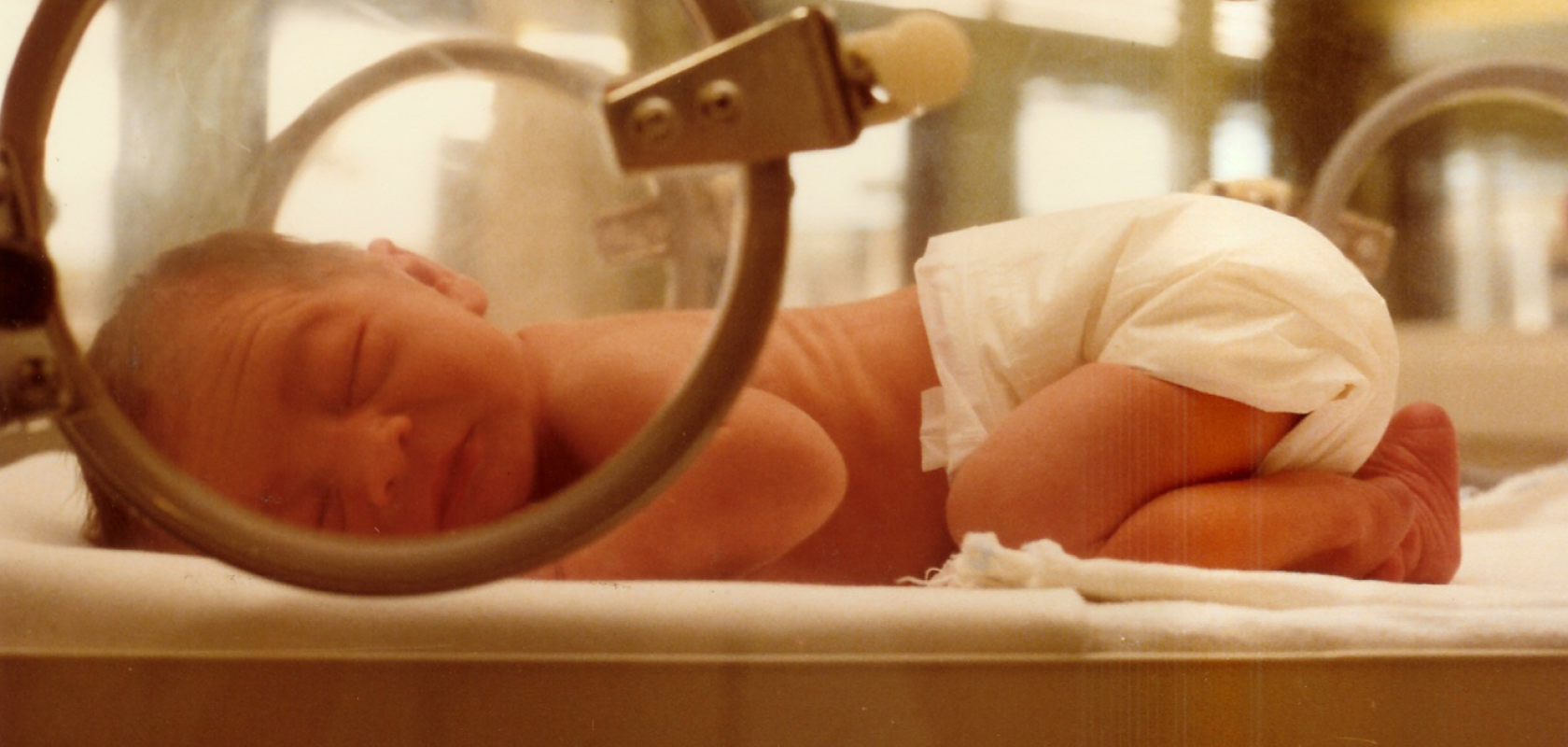Camera systems that integrate computer vision with AI and machine learning will help neonatal and paediatric care specialist AngelEye improve decision-making in NICUs, during the crucial first stages of a newborn’s life.
The early stages of a child’s life are some of the most precious for new parents. But the neonatal period (the first four weeks) is also when the child is at its highest risk of requiring medical interventions, with birth complications, infections and unrecognised congenital abnormalities all high risk.
NICUs (Neonatal intensive care units) take care of newborns with complex medical needs that last longer than 48 hours. But even with around-the-clock care in an NICU, clinicians are unable to offer complete 24-hour monitoring, and this is where AI and computer vision can make a difference.
Early neonatal detection and intervention
By combining the use of sensors and movement analysis with artificial intelligence and expert clinical advice, the EDNA (Early Detection Neuromotor Assessments) portfolio assists care teams to identify and support early intervention decisions in NICUs.
In acquiring EDNA’s developers, Enlighten Mobility, earlier this year, AngelEye Health is able to integrate the EDNA platform across nearly 250 hospital partners, putting almost 10,000 cameras at bedsides. Common neonatal risks such as neuromotor, positioning or sepsis can lead to prolonged hospital admissions and long-term complications.
“Early detection is critical for improving long-term outcomes for neonates and high-risk infants,” said Kathi Randall, NeuroNICU consultant. “Today, without early, validated and accessible assessments for newborns, families and clinicians wait for clinical symptoms or significant delays to be identified, which can take weeks or months.”
Angel in the NICU
“AngelEye has a longstanding commitment to driving innovation in the NICU,” said Christopher Rand, AngelEye’s CEO. “We are currently in the process of integrating AI and computer vision into our camera systems, to give them a more active role in patient care, [but] this is just the beginning, as we continue to explore new ways to push boundaries of what’s possible in neonatal care, paving the way for cutting-edge solutions that will define the future of the NICU.”
While working in partnership with AI and imaging analysis to provide clinicians with information and early warnings, the presence of imaging tech in the NICU also has an impact on the human side of the neonatal period. AngelEye’s CameraSystem uses NICU cameras to offer live-streaming video access to a newborn.
The platform also gives care teams a simple solution for providing parents with updates on a child’s care and development, easing the stress and anxiety of new parents unable to attend the NICU, and improving the efficiency of the process.


